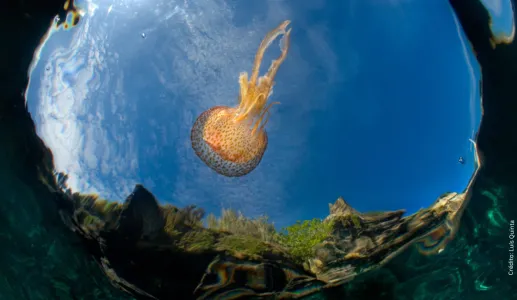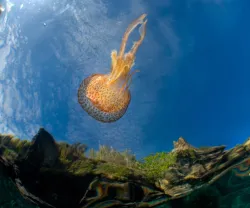During the night, millions of creatures move from the deepest reaches of the ocean to the surface, a migratory journey that is repeated every day. The...


During the night, millions of creatures move from the deepest reaches of the ocean to the surface, a migratory journey that is repeated every day. The...